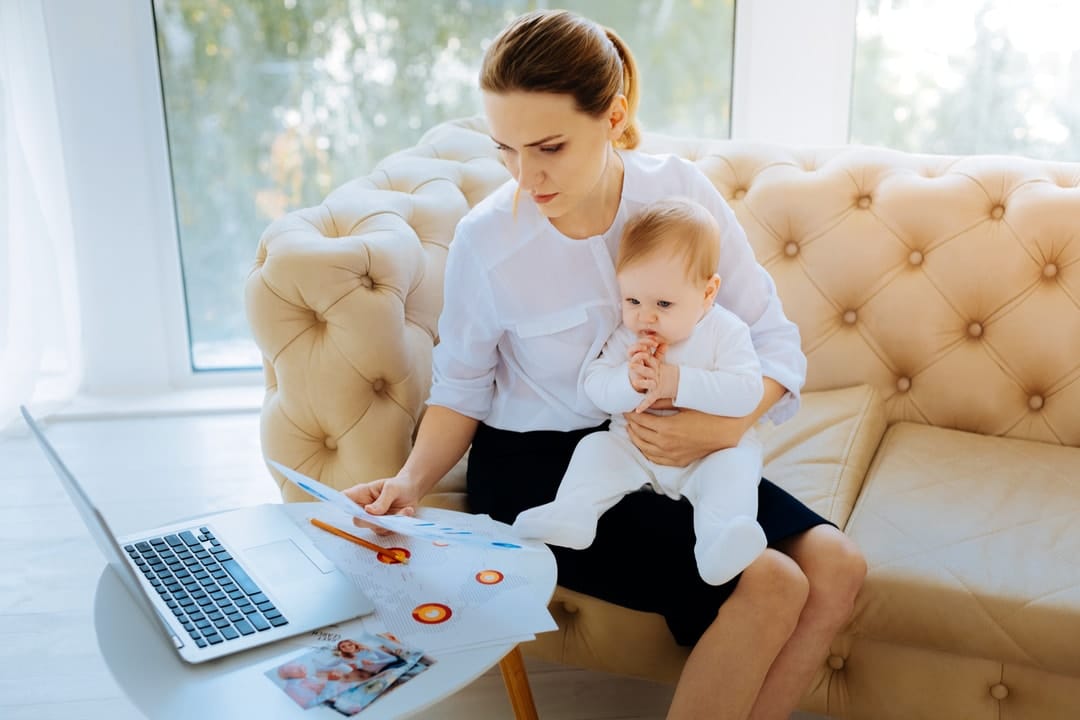
Working from home, for at least some of the time, looks set to become the "new normal" for many Australian workers. When restrictions ease on 30 November in Victoria, workplaces will only be permitted to have up to 25% of their workers onsite. The Victorian public service will continue to require employees to work from home when they can. No doubt many other employers will follow this lead.
And, from Monday 14 December, the New South Wales government's public health order requiring employers to allow employees to work from home (where it is reasonably practicable to do so) will be repealed.
Employees and employers alike have very quickly adapted to using technology to replicate many aspects of modern working life. Attending meetings, going to conferences, even social events in the workplace have shifted online.
A recent survey of female employees in the NSW public sector revealed that many workplaces in the sector became more flexible during COVID-19, and that many of the employees surveyed wished to retain improved flexibility after the pandemic.
Employees are happy not to have to commute to work. Employers don’t have to pay onsite costs. It seems like a win-win situation.
Yet what many workers need is flexibility, and working from home won’t necessarily give them that if they still have high workloads, rigid workplace schedules, or strict performance requirements. Or they might have inadequate technological or physical resources or support from their employer to work from home efficiently and effectively.
"What many workers need is flexibility, and working from home won’t necessarily give them that if they still have high workloads, rigid workplace schedules, or strict performance requirements."
These challenges are ongoing, particularly for workers with caring responsibilities (both men and women). This is the group most likely to seek flexibility so they can balance work and care.
Flexibility might mean starting and finishing work early so that they can collect children from school, or working a condensed working week to give them time for care. Others might work from home some of the time, and in the office for the rest.
Employees have the right to request flexible working arrangements under the Fair Work Act 2009 (Commonwealth). In Victoria, employers cannot unreasonably refuse to accommodate an employee’s responsibilities as a parent or carer in their working arrangements.
How effective were these legal protections during the pandemic?
Our research is exploring whether workers with caring responsibilities were able to work flexibly during COVID-19.
We’re examining the forms of flexibility workers needed during COVID-19, and how employers responded to those requests through an online survey.
We’re also scrutinising existing legal protections, the Fair Work Commission’s response, and union proposals. We’re looking at whether they adequately protect workers with family responsibilities, how they promote flexibility, and the gaps in the legal response.
We’re interested in hearing from Australian workers who were balancing work and caring responsibilities during the COVID-19 pandemic.
If COVID-19 is the catalyst for more people working from home, we need to ensure that this doesn’t conceal or compound other work practices or conditions that produce inflexible working arrangements.





